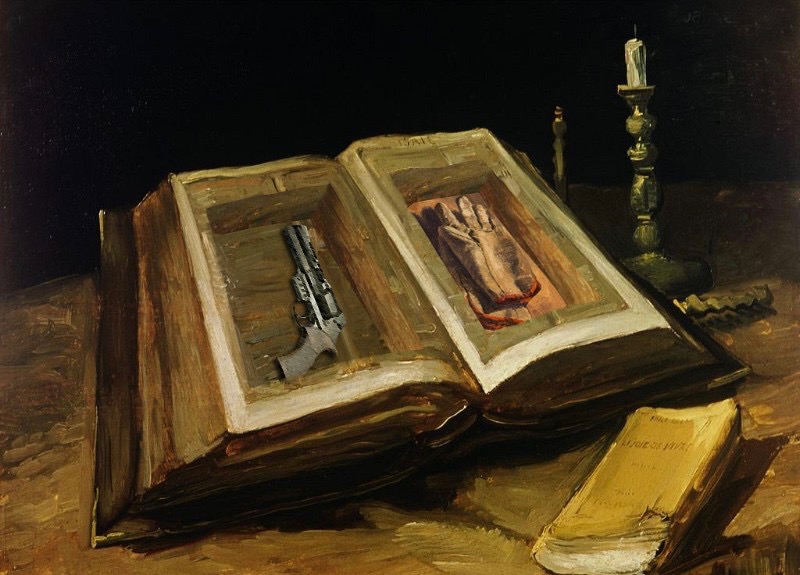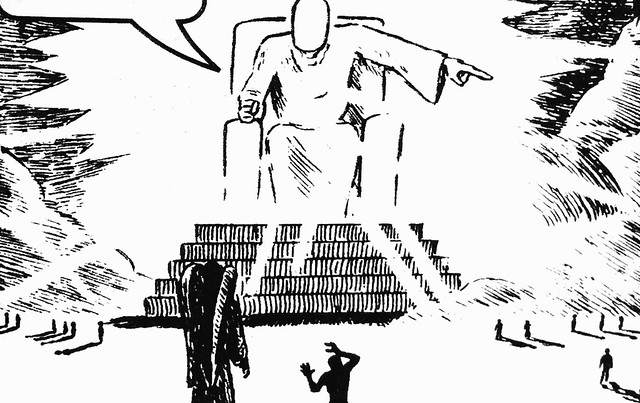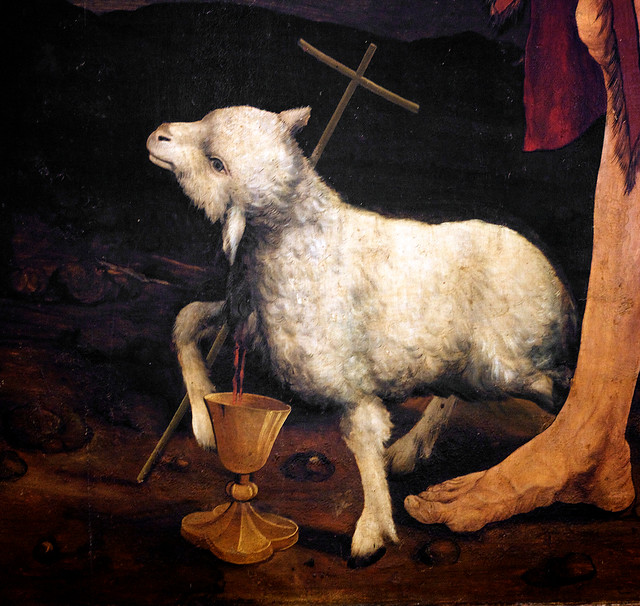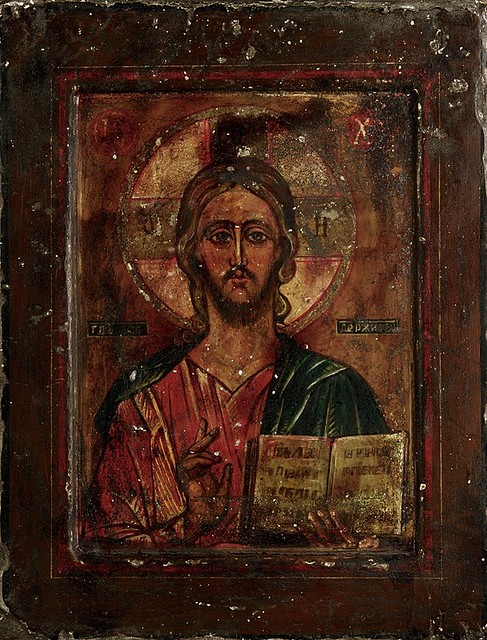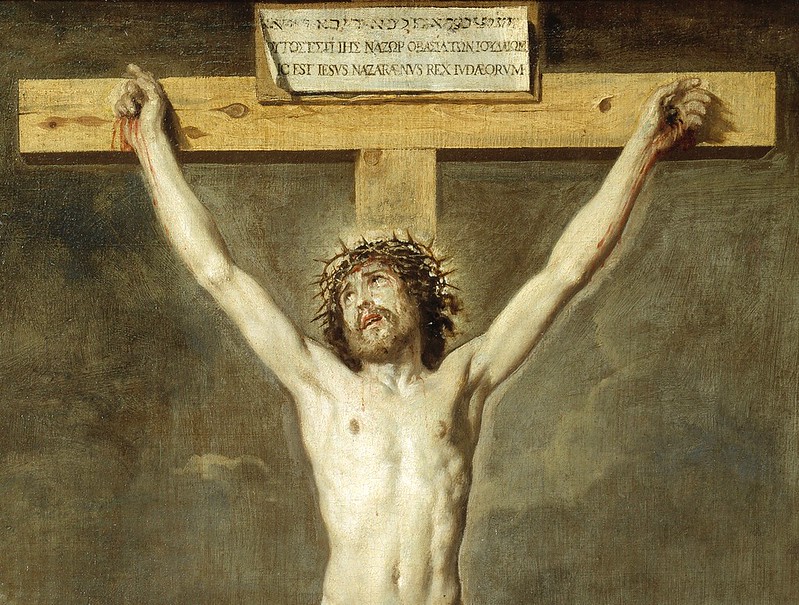The Jesus Revolution

The Jesus Revolution
Brian Zahnd
You say you want a revolution
Well, you know, we all want to change the world
—The Beatles
During the heady days of the Jesus Movement there was a pervasive conviction among the young people involved that we were part of something revolutionary. Our lives had been radically transformed by Jesus and we wanted to relive the Book of Acts. Church as usual was not an option for us. We weren’t interested in being conservative or playing it safe. We carried a strong counterculture ethos. We saw Jesus as a revolutionary and we wanted to be revolutionaries too. We shared much of the theology of conservative evangelicals, but our vibe was decidedly counterculture, with our long hair, patched blue jeans, and tie-dyed t-shirts. We preached on the streets, in the bars, and at rock concerts.
More significantly we had inherited a distrust of government and a disdain for war from the Vietnam era. We saw a Christian critique of war as being faithful to the revolutionary Jesus of the Sermon on the Mount. We had no interest in serving the political causes of either Republicans or Democrats. We saw Christianity as a revolutionary movement that was incompatible with power-hungry political parties. We wanted to change the world in the name of Jesus; we weren’t interested in who was the current resident of the White House or the composition of Congress in the name of politics.
Read more

